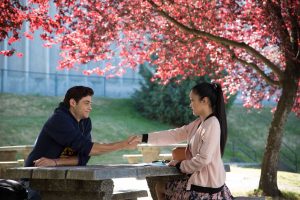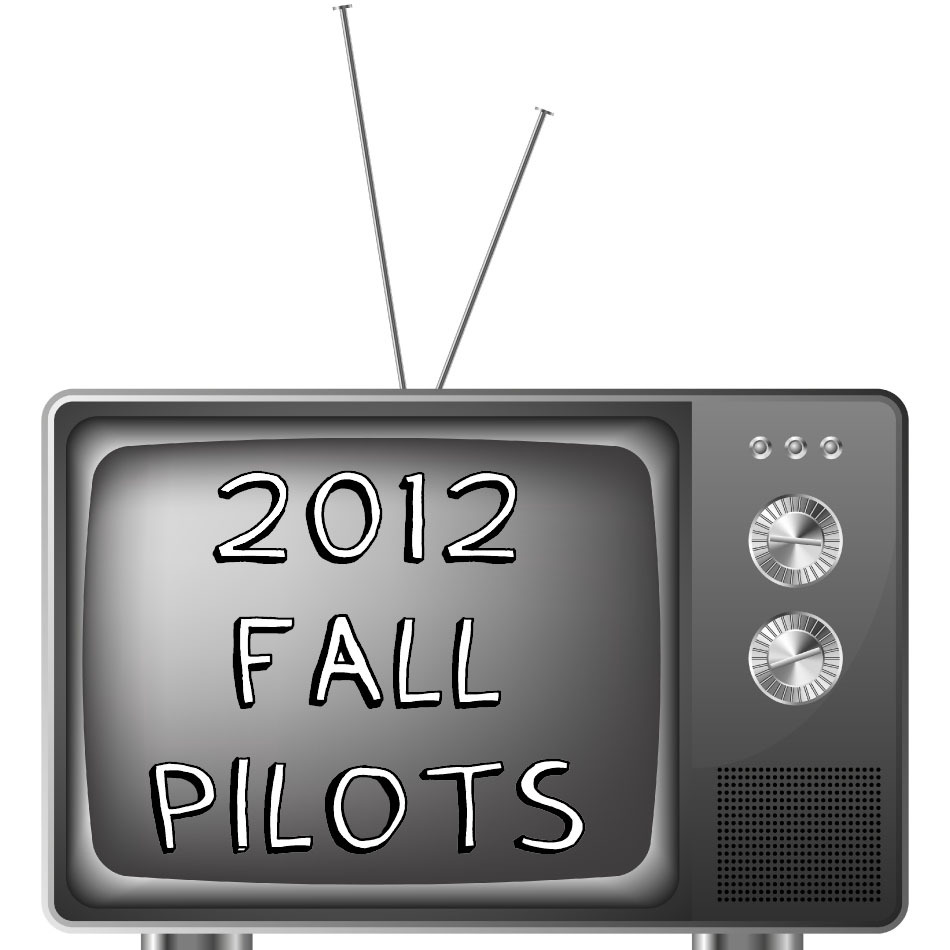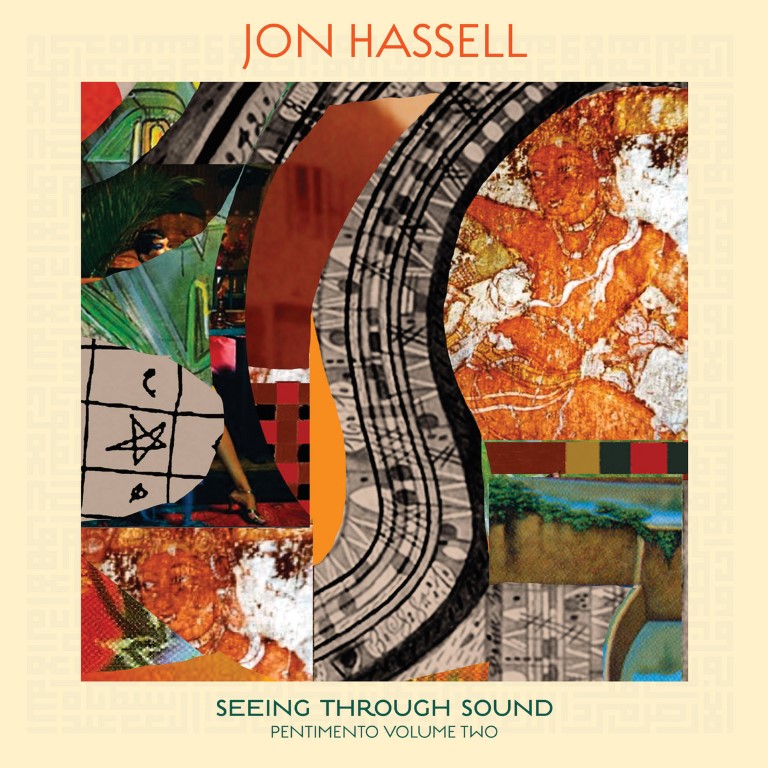
A movie discussion of ‘To All the Boys I’ve Loved Before’
By Sonam Kaloti, Arts Editor
To All the Boys I’ve Loved Before is a teen romance movie directed by Susan Johnson, based on the book of the same name by Jenny Han. The movie has sparked tons of conversation on social media. The lovebird stars of the film Lana Condor (playing Lara Jean) and Noah Centineo (playing Peter Kavinsky) have gained a massive following across their social platforms because of this film. The movie boasts an impressive score of 96 percent on Rotten Tomatoes.
The plot follows protagonist Lara Jean who writes love letters to the five boys she has crushed on without the intention of ever mailing out the letters. They remain her secret until, one day, the letters are mysteriously mailed out to all the boys. It is then up to shy Lara Jean to engage in multiple awkward confrontations with these boys to fix everything.
After a casual discussion with some people about how they felt unsafe publicly discussing their negative views on the very popular movie, we decided to open the conversation up further to find out what having a negative opinion on this film with so much positive traction really means for the individual. The Other Press interviewed two Douglas College students: Johana Martinez, a second-year student in the Child and Youth Care program, and Akshay Mishra, a first year studying Computer Science, to gain a broader outlook.
“Seven out of ten … wholesome,” said Mishra, beginning with a rating.
Martinez said that she liked the film and it felt as though she could relate to the protagonist thinking back on her own high school experiences. This movie sits well with many teenagers to young adults because of how the protagonist, Lara Jean, has never had a boyfriend and does not understand how to cope with her feelings, which most people do struggle with and can relate to.
On the critical side, Mishra said, “A lot of interactions with [Lara Jean] seem very awkward and forced, [which] show lack of experience.” Mishra then brought up plot holes in the film such as how Lara Jean “mentions five boys she loved before, [but the movie] only shows three dudes.” He also mentioned his dissatisfaction with Lara Jean’s motivations and the lack of detail regarding her past relationship with Peter.
Martinez said that the movie’s plot was “like a lot of Wattpad fanfiction … in how [the film] is super cliché,” but she noted that cliché is a respected staple in most romance movies.
We then delved into the topic of mob mentality and if that may have played a part in the film’s outstanding success due to more people watching and enjoying it.
“Absolutely,” Mishra said. “Listening to another person’s opinion of a movie before watching it yourself can definitely skew your feelings about it. If you’re told a movie is good before seeing it by someone you trust, you will be more inclined to look over its faults and blindly follow their opinion.”
Martinez agreed as well.
“If you have a really big group of people hyping [To All the Boys I’ve Loved Before] and being like ‘Yeah, this movie’s so great!’ … you kind of feel like you’re influenced by those group of people, or a little bit pressured like ‘Oh, I should watch this, too!’ or be like, ‘I should watch this because people are talking about it and it gives me something to talk about and it makes me feel like I’m in the conversation or that I’m in this … trend that’s going on,’” said Martinez. “I think it’s more to do with fitting in and that’s some of the reasons why people would watch it. Or being like ‘Why are these people watching this? I want to know what all this fuss is about because I don’t get it.’”
We discussed the threat of unhealthy repressed feelings due to the lack of a safe platform to voice opinions. It feels as though there’s a frightening connection between that lack of a platform and what it could mean to be “brainwashed” by the media into liking a movie with such a heightened esteem.
Martinez said that the film “being super popularized makes you feel like you have to know it … you have to actually like it … and that’s what makes people who don’t like [this movie] feel repressed because they feel they can’t share why they don’t like it because others [will say] ‘I don’t care!’ ‘I don’t want to know!’ Which goes into a big negative circle. We’ve gotten to the point where if your opinion isn’t [a] positive opinion on something, then it’s the wrong kind of opinion. People should be able to have their own opinions and express them—and if they can’t do that, then we’re obviously doing something wrong with the world [and] with the media.”
Mishra summed up our discussion on To All the Boys I’ve Loved Before in a way that we all could agree on: “Having a controversial opinion on anything is always a little scary. But it is an ‘opinion’; if not everyone agrees it’s all right, you do you boo boo.”



